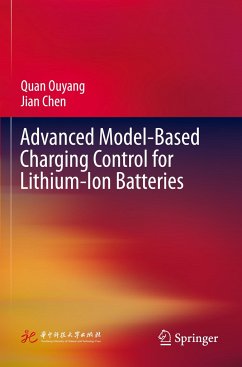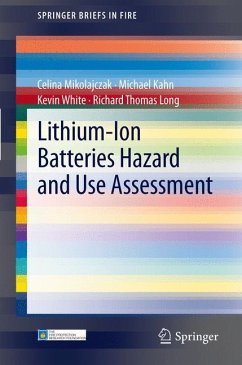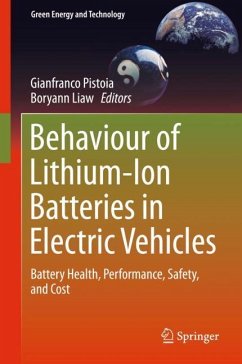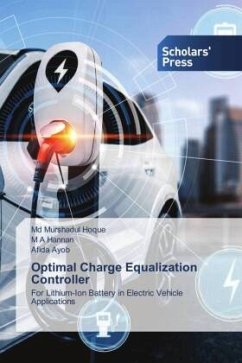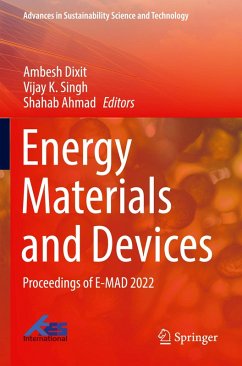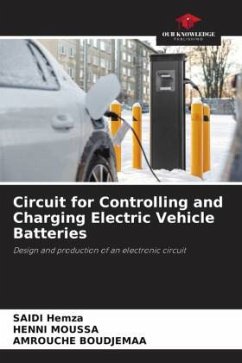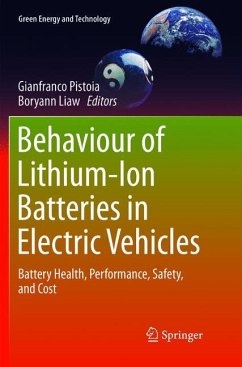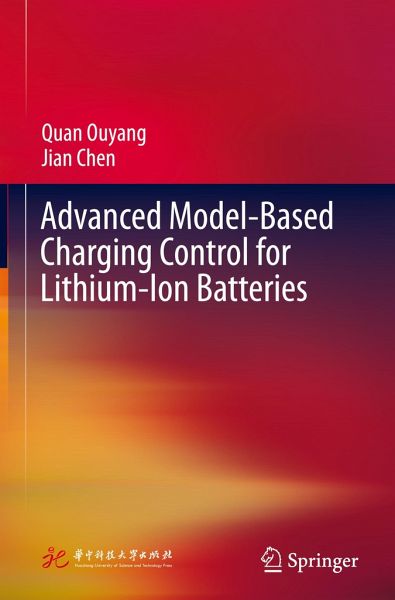
Advanced Model-Based Charging Control for Lithium-Ion Batteries
Versandkostenfrei!
Versandfertig in 6-10 Tagen
129,99 €
inkl. MwSt.
Weitere Ausgaben:

PAYBACK Punkte
65 °P sammeln!
In this book, the most state-of-the-art advanced model-based charging control technologies for lithium-ion batteries are explained from the fundamental theories to practical designs and applications, especially on the battery modelling, user-involved, and fast charging control algorithm design. Moreover, some other necessary design considerations, such as battery pack charging control with centralized and distributed structures, are also introduced to provide excellent solutions for improving the charging performance and extending the lifetime of the batteries/battery packs. Finally, some futu...
In this book, the most state-of-the-art advanced model-based charging control technologies for lithium-ion batteries are explained from the fundamental theories to practical designs and applications, especially on the battery modelling, user-involved, and fast charging control algorithm design. Moreover, some other necessary design considerations, such as battery pack charging control with centralized and distributed structures, are also introduced to provide excellent solutions for improving the charging performance and extending the lifetime of the batteries/battery packs. Finally, some future directions are mentioned in brief.
This book summarizes the model-based charging control technologies from the cell level to the battery pack level. From this book, readers interested in battery management can have a broad view of modern battery charging technologies. Readers who have no experience in battery management can learn the basic concept, analysismethods, and design principles of battery charging systems. Even for the readers who are occupied in this area, this book also provides rich knowledge on engineering applications and future trends of battery charging technologies.
This book summarizes the model-based charging control technologies from the cell level to the battery pack level. From this book, readers interested in battery management can have a broad view of modern battery charging technologies. Readers who have no experience in battery management can learn the basic concept, analysismethods, and design principles of battery charging systems. Even for the readers who are occupied in this area, this book also provides rich knowledge on engineering applications and future trends of battery charging technologies.



